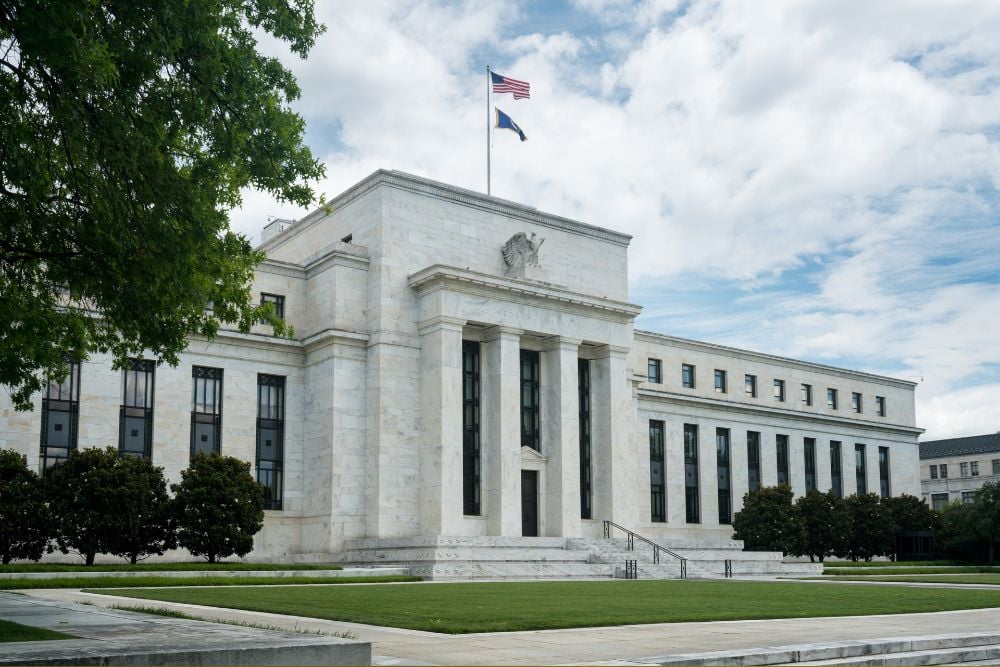
On Tuesday, the Federal Reserve Board published instructions and the information on risk management practices that will be gathered over the course of its first climate scenario exercise (CSA). The Board is conducting the pilot climate scenario exercise to learn about large banking organizations’ climate risk-management practices and challenges and to enhance the ability of both large banking organizations and supervisors to identify, measure, monitor, and manage climate-related financial risks.
To accomplish these objectives, the Board has designed the pilot CSA exercise to gather qualitative and quantitative information about the climate risk-management practices of large banking organizations. Over the course of the exercise, the Board will engage with participants to understand their approaches and challenges with respect to the financial risks of climate change. Information collected and discussed with participants will include detailed documentation of governance and risk-management practices, measurement methodologies, data challenges and limitations, estimates of the potential impact on specific portfolios, and lessons learned from this exercise that could inform any future CSA exercises.
The six largest banks in the U.S. have until the end of July to show the impact that climate change could have on their operations. Bank of America, JPMorgan Chase & Co., Citi, Goldman Sachs, Morgan Stanley and Wells Fargo are to show the anticipated impact that events such as floods, wildfires, hurricanes, heat waves and droughts could have on their loan portfolios and commercial real estate holdings. The banks will also have to show the impact that climate change could have on their operations, according to details of a pilot program the Federal Reserve unveiled. A hypothetical scenario focuses on events in the Northeastern U.S. The climate scenario tests are considered separate from mandated bank stress tests that examine readiness in the case of financial and economic crises.
“The Fed has narrow, but important, responsibilities regarding climate-related financial risks – to ensure that banks understand and manage their material risks, including the financial risks from climate change,” Fed Vice Chair for Supervision Michael S. Barr said. “The exercise we are launching today will advance the ability of supervisors and banks to analyze and manage emerging climate-related financial risks.”
The analysis is at least three years in the making. A financial stability report in late 2020 first discussed the possibility of the Fed examining how prepared the institutions it oversees are for economic impacts from climate change. That came a year after Fed Vice Chair Lael Brainard first brought up the issue.
The analysis takes a two-pronged approach, looking at a “physical risk” perspective, or the harm to people and property from unexpected climate-related events, and “transitions risks” associated with the costs of moving to a zero-emissions economy by 2050.
The report released didn’t outline a more specific scenario that the banks should address. However, it did say it would entail examining the impact on residential and commercial real estate portfolios of “risk scenarios with different levels of severity” impacting the Northeast. In addition, banks are being asked to “consider the impact of additional physical risk shocks for their real estate portfolios in another region of the country.” The transition risk portion is to focus on how corporate loans and commercial real estate would be hit by the move to hit net-zero greenhouse gas emissions by 2050.
A summary expected to be released publicly by the end of the year but will not include information about specific banks’ responses. The final report will focus on aggregate information provided by the banks about how they are incorporating climate risks into their financial plans. There won’t though be estimates on total potential losses from the hypothetical events.
Stay Up to Date on Climate Risk With Bitvore
Trusted by more than 70 of the world’s top financial institutions, Bitvore provides the precision intelligence capabilities top firms need to counter risks and drive efficiencies with power of data-driven decision making.
Our clients uncover rich streams of risk and ESG insights from unstructured data that act as the perfect complement to internal data and insights firms are already generating. Our artificial intelligence and machine learning powered system provides the ability to see further, respond faster, and capitalize more effectively.
Get in touch today to learn how the Bitvore solutions can help your organization at www.bitvore.com.

